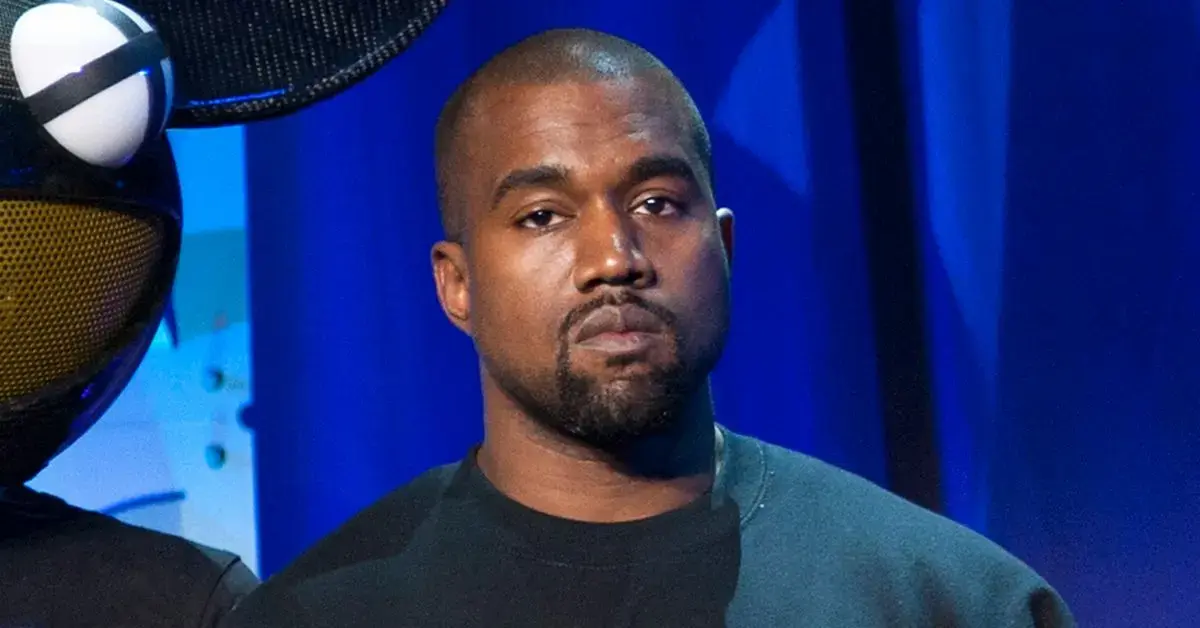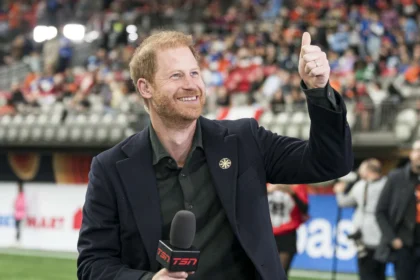Kanye West, known to his fans as Ye, has recently embarked on a legal battle to address the unauthorized release of his music on various social media platforms. In a recent development reported by RadarOnline, Kanye has filed a lawsuit with the Los Angeles Superior Court, citing “alleged misappropriation of trade secrets and breach of contract” in response to the leakage of his music on the internet.
The court documents reveal that Kanye has singled out one of the alleged wrongdoers, referred to as “Does,” who is identified as an Instagram user operating under the handle @daunreleasedgod_. This individual stands accused of repeatedly and unlawfully sharing music by multiple artists.
Additionally, Kanye’s legal action highlights a Twitter account named DaUnreleasedGod, which is alleged to have “illegally distributed his music” over the course of several months from June to August.
The lawsuit emphasizes the significant financial losses and damages suffered by Kanye directly as a result of these actions. It contends that the defendants’ conduct amounts to the theft of a trade secret, as Kanye’s musical compositions possess economic value, are held in strict confidence, and are protected through rigorous security measures, as detailed in the legal documents.
Kanye West, a prolific artist renowned for his distinctive musical arrangements and unique creative elements, has always been diligent in preventing his work from being prematurely unveiled to the public. However, he asserts that the defendants wrongfully acquired and disseminated tracks such as “We Did it Kid,” “Jail,” “Broken Road,” and “Mr. Miyagi” without his consent or authorization.
In light of these allegations, Kanye is seeking not only to halt the social media accounts responsible for leaking his music but also to have his legal expenses covered as part of the lawsuit.
As this legal battle unfolds, it sheds light on the ongoing struggle artists face in safeguarding their creative work in the digital age, where the dissemination of music on social media platforms often blurs the line between artistic expression and intellectual property rights.




